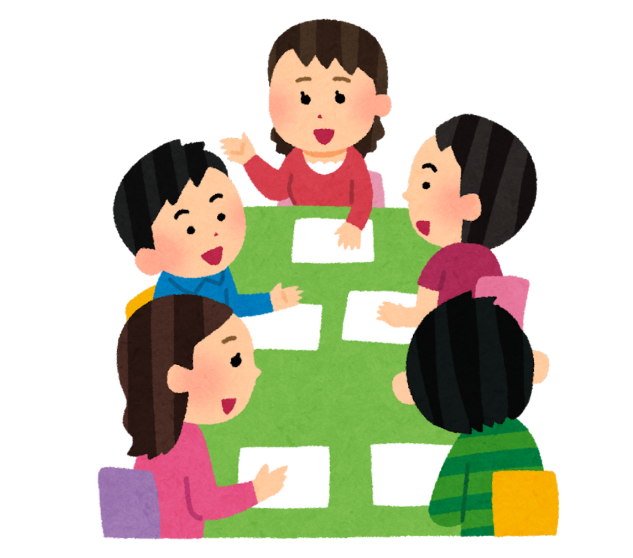Consistently Observing the Child’s Development
Parents and educators track progress in cognitive, emotional, social, motor, and interest areas—not just outcomes, but the learning journey itself.
To ensure that a child’s growth and development stay on the right track, there must be a process of consistent monitoring and structured evaluation. Personalized growth is not static—it needs to adapt continuously based on the child’s ongoing progress and changing needs.
---------------------------------------------------------------------

Parents and educators track progress in cognitive, emotional, social, motor, and interest areas—not just outcomes, but the learning journey itself.
Assessing whether the learning method or developmental activities are still working well or need to be adjusted based on how the child is responding.
If the child has met a developmental milestone, the next challenge can be introduced. If not, additional support or a different approach can be provided—without pressure.
Parents are encouraged to provide feedback and receive regular progress updates to help align efforts between home and school.
These may include direct observation, child work samples, development checklists, and verbal reflection (especially for older children).
----------------------------------------------------------------

Children who can understand and manage their emotions tend to be more confident, empathetic, and capable of forming healthy relationships.
Emotional and social maturity also affects their readiness to learn and adapt in school and broader social environments.
----------------------------------------------------------------

----------------------------------------------------------------
Daily observation of speech, motor skills, and interaction by caregivers or teachers.
Monthly developmental reports, sample activities/artwork, early literacy/numeracy tracking.
Weekly reflections, casual child-teacher discussions about what they enjoy or struggle with, interest mapping.
Simple self-assessments, personal learning goals, and joint evaluations with teachers or parents.









